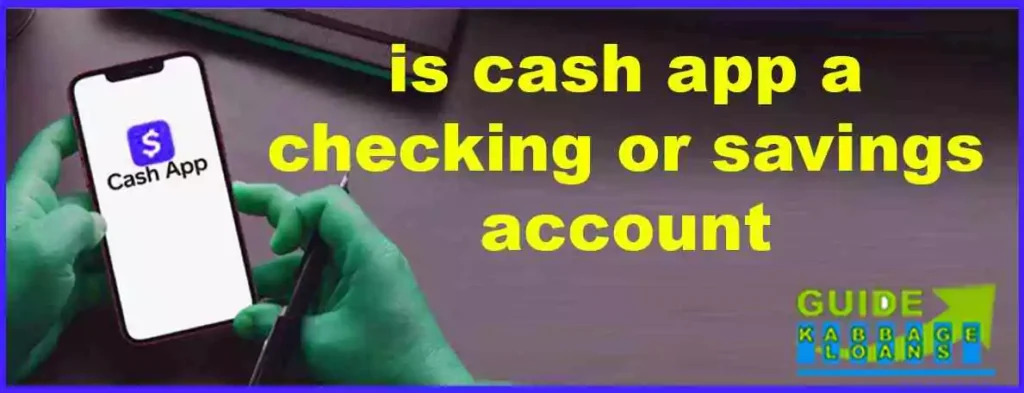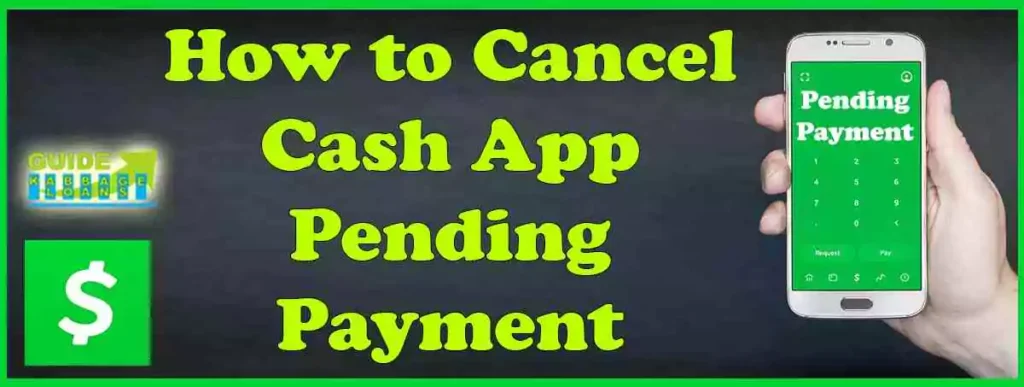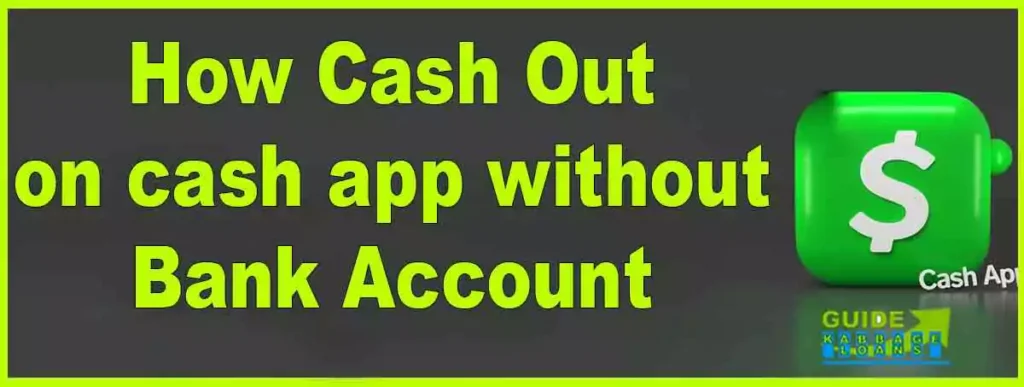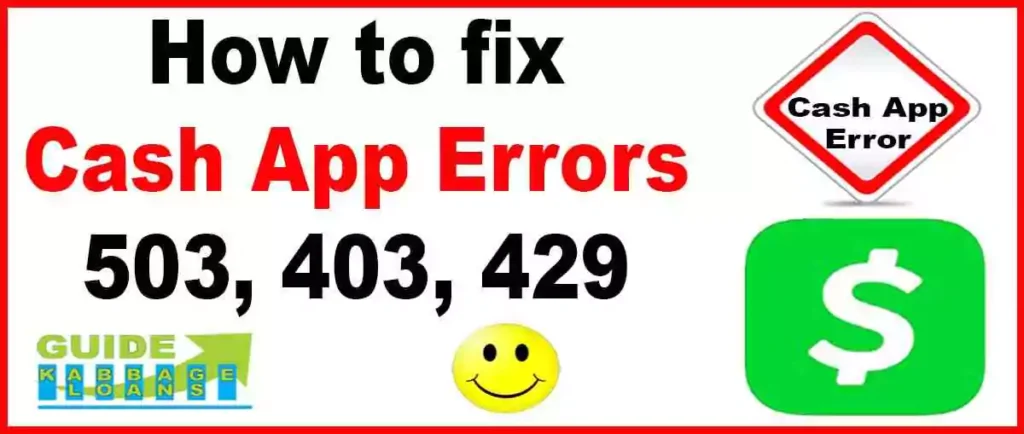In the ever-evolving landscape of digital finance, Cash App has emerged as a prominent player, offering users a seamless way to manage money. However, as users navigate the features of Cash App, a common question arises Is Cash App a checking or savings account? This article aims to unravel the confusion, exploring the difference between checking and savings accounts, defining Cash App’s account type, and addressing specific queries regarding Cash App’s nature.
Differences Between Checking and Savings Accounts:
Table of Contents
ToggleThere are many differences between a checking account and a savings account. But if we talk about Cash App, then Cash App is a different type of platform. Cash App is slightly different from both checking accounts and savings accounts.
Differences Between Checking and Savings Accounts.
| Feature | Checking Account | Savings Account |
|---|---|---|
| Purpose | Daily transactions and expenditures | Saving money for future goals |
| Liquidity | High liquidity, quick access to funds | Limited liquidity, withdrawal restrictions |
| Interest Bearing | Some checking accounts may earn interest | Typically earns interest, encouraging savings |
| Transaction Limits | No or minimal limits | Limited withdrawals, usually up to six per month |
| FDIC Insurance | Deposits are FDIC-insured | Deposits are FDIC-insured |
| Access Channels | ATMs, tellers, checks, online transactions | ATMs, limited online transactions, branch visits |
| Digital Tools | Digital money management tools for tracking spending | Digital tools for setting and tracking savings goals |
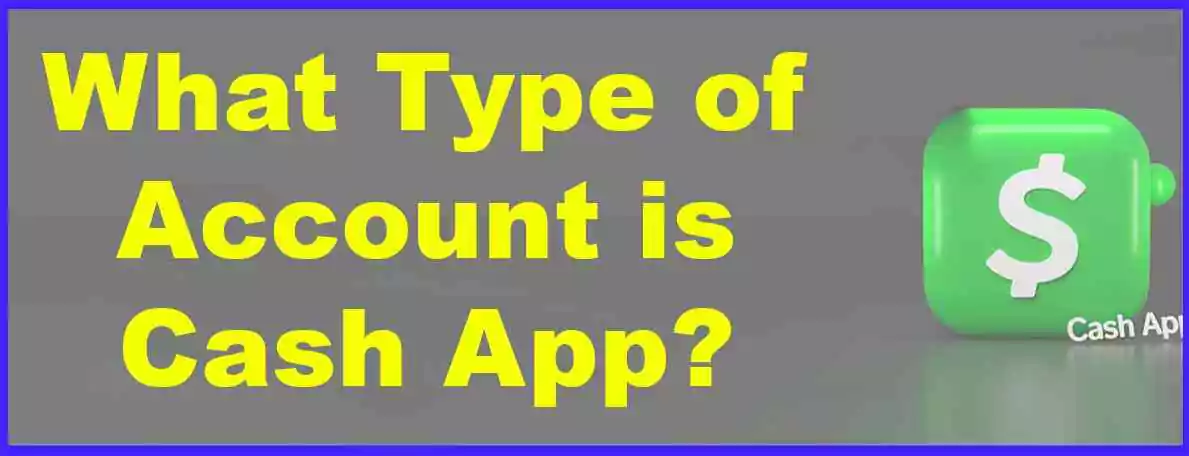
Cash App often hailed for its user-friendly approach to mobile payments, stands out as a financial platform rather than a traditional bank. While it doesn’t operate as a bank in the conventional sense, Cash App delivers a range of banking services coupled with the convenience of a debit card, all made possible through strategic partnerships with banks.
One of the key distinctions to bear in mind is that Cash App is not a bank itself, rather, it acts as a facilitator, connecting users to essential financial tools. It doesn’t engage in the exhaustive array of services provided by traditional banks, such as loans or mortgages. Instead, Cash App focuses on delivering seamless and efficient solutions for day-to-day financial transactions.
Is Cash App a Checking or Savings?
Cash App is not a regular checking or savings account, but it has features from both. It acts like a checking account because you can receive money directly into it and use a Cash App to spend money. You can also send money to others easily, which is similar to a checking account.
Cash App lets you get direct deposits, like paychecks, right into your account. This makes it a handy tool for everyday spending. However, it doesn’t have all the features of a traditional bank, like interest on your money or loans.
Is Cash App a Checking or Savings for Direct Deposit?
Cash App serves as both a checking and savings account, offering users versatile financial features. When it comes to direct deposit, Cash App operates as a checking account, providing users with the convenience of receiving paychecks, tax returns, and various deposits directly into their Cash App balance.
This functionality allows users to streamline their financial transactions, accessing their funds effortlessly. Setting up direct deposit on Cash App is a straightforward process, offering users the flexibility to manage their regular income and deposits seamlessly.
Is Cash App Card Checking or Savings?
A Cash App card is neither a traditional checking nor savings account; instead, it operates as a prepaid debit card connected to your Cash App balance.
Here are some key points to understand:
- Prepaid Debit Card: The Cash App card allows you to spend the money available in your Cash App account. It can be used for purchases and ATM withdrawals.
- Account Linkage: While the Cash App card is linked to your Cash App balance, it does not offer the comprehensive features of a conventional bank account, such as overdraft protection or interest on deposits.
- Transaction Functionality: You can use the Cash App card for various transactions, similar to how you would use a debit card linked to a checking account. However, it lacks the full range of services typically associated with traditional banking.
Conclusion:
In conclusion, while Cash App does not fit neatly into the categories of a checking or savings account, it effectively combines features of both. With functionalities like direct deposits and a debit card, it offers a convenient platform for managing daily transactions. Users should be aware, however, that Cash App operates differently from traditional banks, so it’s essential to understand its limitations and consider personal financial needs when using the app.
FAQs:
Can I use Cash App for direct deposits?
Absolutely. Cash App facilitates direct deposits, allowing users to receive various deposits directly into their Cash App balance.
Is Cash App FDIC insured?
Cash App balances aren't FDIC insured unless users have a Cash Card. The Cash Card's FDIC insurance comes into play when funds are transferred to Sutton Bank.
Can I Link Multiple Bank Accounts to Cash App?
Cash App allows users to link one bank account at a time. If you want to change the linked account, you can do so in the app settings.
Thanks for your visit.
(Is Cash App a Checking or Savings Account?)
Disclaimer: This article is intended for informational purposes only and should not be considered legal advice. Cash App is not a traditional bank and does not offer all banking services. Always consult with Cash App or conduct your research before making financial decisions.

